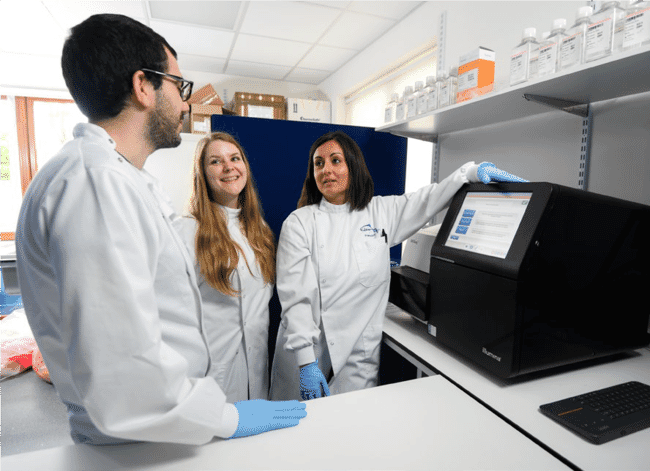
For decades, aquaculture mergers and acquisitions have focused on the financial and infrastructure aspects of a transaction. Until now there’s been no clear way to evaluate what lies at the heart of a company’s value: its broodstock.
In recent years our industry has grown and evolved, and the value of transactions has increased significantly. Investors and potential owners have been looking for a way to get confidence in the quality and sustainability of a company’s biological capital. Xelect, a Scottish independent aquaculture genetics expert, has long been trusted by some of the biggest names in the industry to manage and increase the value of their broodstock.
The team’s new BioAudit combines specialist genetics skills with deep industry know-how to provide independent and confidential genetic audits, alongside biological due diligence. This unique service will give investors and buyers a wealth of new insights to help them make more informed decisions.
Recent examples of BioAudit projects by Xelect include:
- Advising the sovereign wealth fund of a prominent Middle Eastern country
- A high profile due diligence project for a major sea bass and sea bream transaction.
Xelect’s CEO, Professor Ian Johnston, commented: “Every BioAudit project we do is completely bespoke for the client, but it typically includes a site visit, interviews with key personnel and a detailed genetic analysis of the broodstock at our custom-built laboratory. Customers get a detailed report and presentation, highlighting any risks from inbreeding or past genetic management, and an assessment of whether there is sufficient genetic diversity for selective breeding to improve key commercial traits – all key factors for the future sustainability and profitability of the business.”
Operations director, Dr Tom Ashton, adds: “The team here are truly unique, with a highly specialised set of skills and backgrounds. This means that, as well as a genetics audit, we can offer a wide-ranging biological due diligence service, covering feasibility of production targets, a biosecurity review, environmental and animal welfare checks and analysis of harvesting and processing practices. We think it’s quite a game changer for M&A ”.



